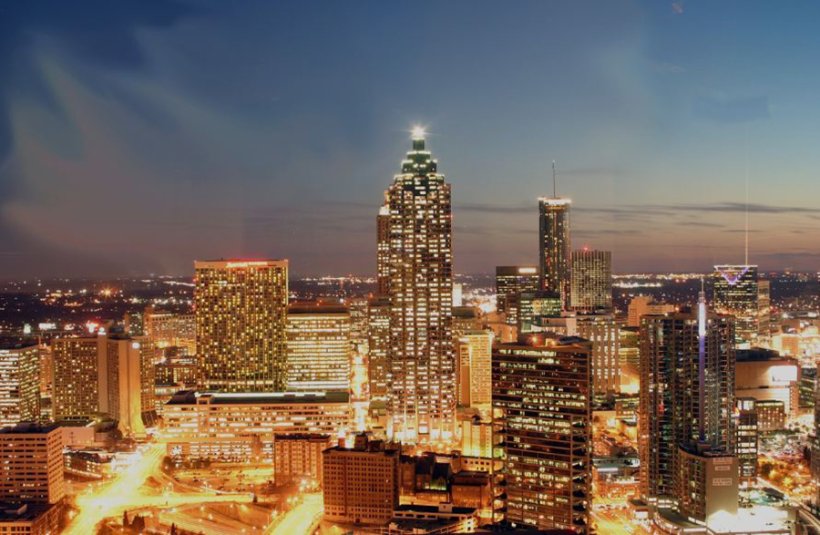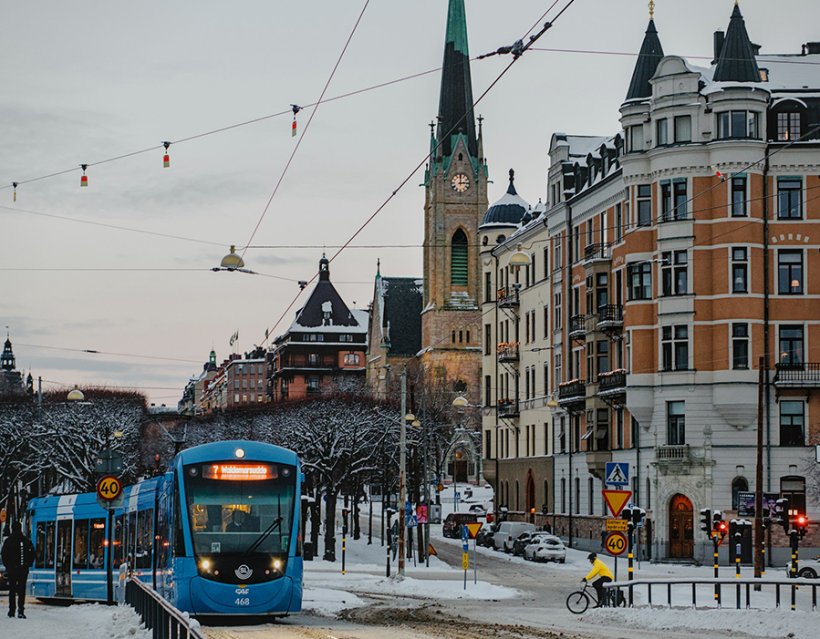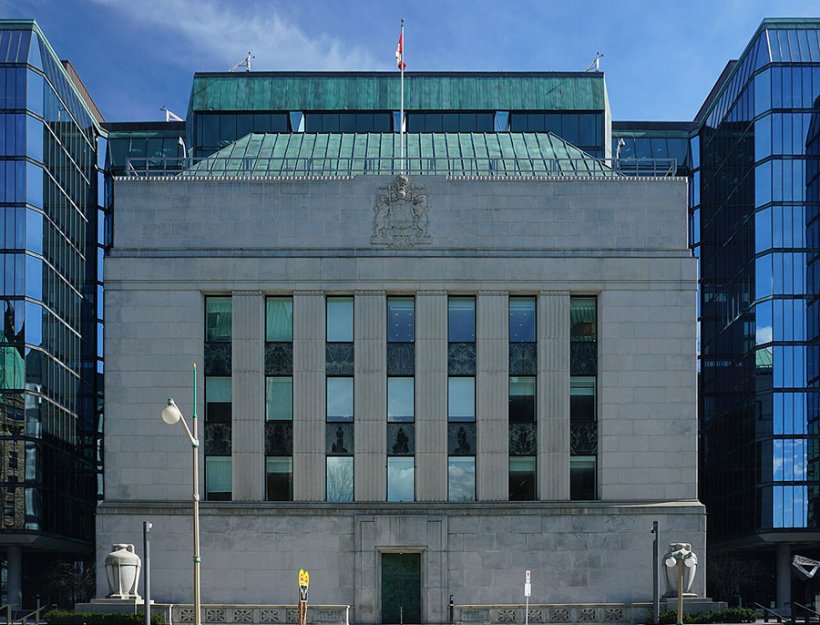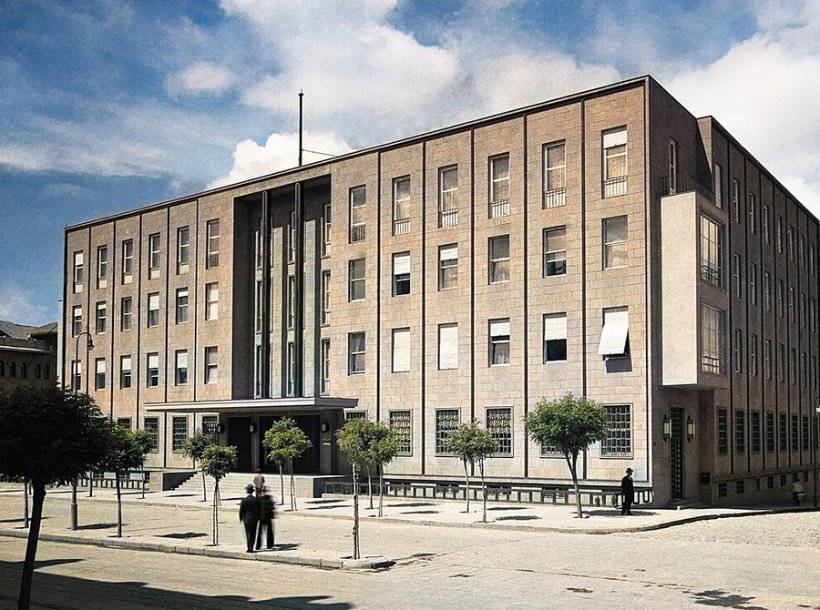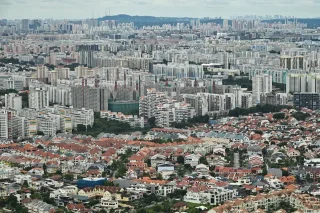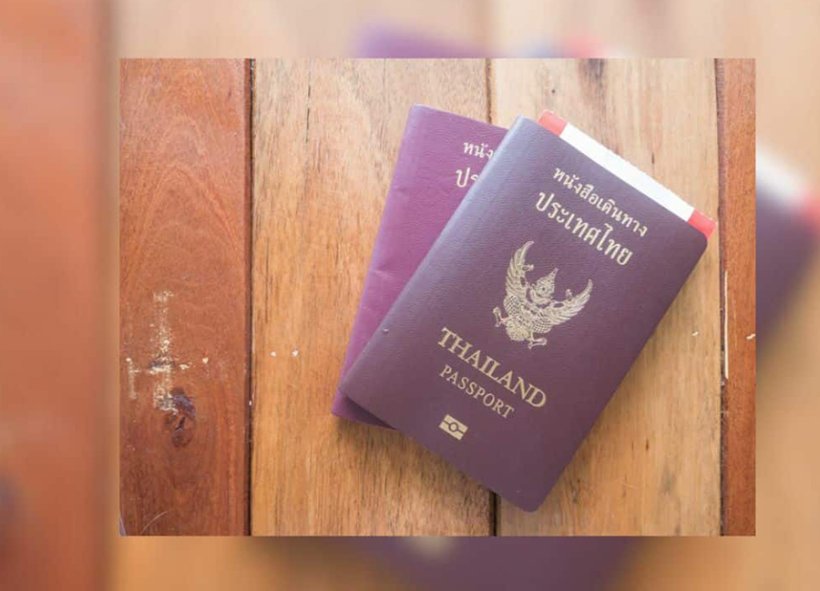Singapore Records Historic Surge in Housing Prices
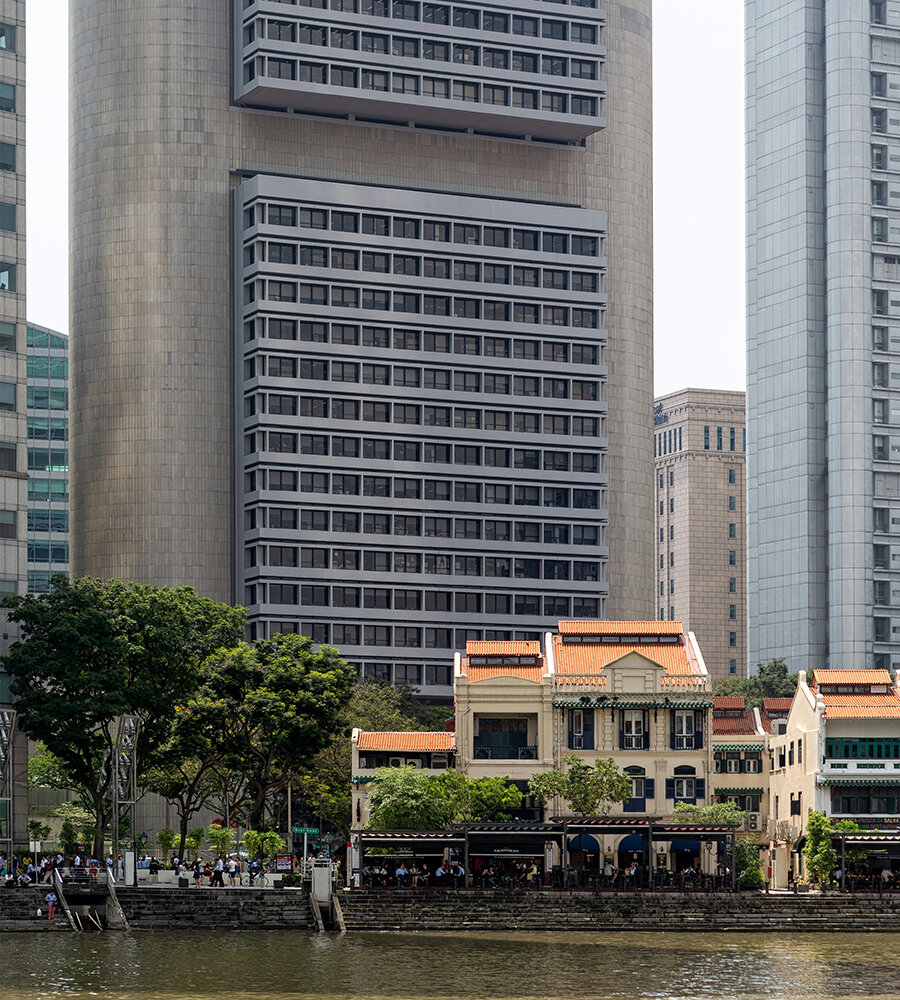
In Q4 2024, private home prices in Singapore rose by 2.3% compared to the July-September period, marking a 3.9% annual increase, according to data from the Urban Redevelopment Authority (URA), as reported by Bloomberg. This surge represents the biggest price hike of the past year.
Meanwhile, resale prices of public housing (HDB flats)—where the majority of Singaporeans reside—climbed 9.6% in 2024, nearly double the 4.9% increase of the previous year. However, the quarterly growth rate slightly decelerated, easing from 2.7% in Q3 to 2.5% in Q4.
What’s Driving the Boom?
For most of 2024, Singapore’s private property market saw a slowdown, partly due to developers delaying major launches. However, a year-end sales surge and lower mortgage rates reversed the trend.
? Key market shifts in late 2024:
? Developers sold 2,557 new private apartments in November, the highest monthly total since 2013.
? More than 3,000 units were launched in Q4—nearly as many as in the first three quarters combined.
? Suburban areas saw strong demand, with over 99% of units sold in an Eastern Singapore project with 846 apartments.
Government Concerns & Potential New Regulations
Singapore’s property market is among the world’s most expensive and heavily regulated, but even higher interest rates and economic slowdowns failed to curb demand.
? Nicholas Mak, Research Director at Mogul.sg, warned that the government is closely monitoring the situation. He emphasized that while authorities are concerned about overheating, introducing stricter curbs could be politically sensitive ahead of the upcoming general elections.
?? Key government measures in recent years:
✅ One of the world’s highest stamp duties – doubled to 60% for foreign buyers in an attempt to cool the luxury housing segment.
✅ Slower price growth and a pullback in supply followed, particularly impacting high-end central district properties, where sales dropped by 20%–90%.
Despite earlier predictions that 2024 home sales would hit the lowest levels since the 2008 financial crisis, the market proved resilient. Now, prices are rising again, prompting concerns that the government may introduce further cooling measures.
Could New Property Restrictions Be Imminent?
Barclays Plc and Citigroup Inc. analysts predict possible new restrictions in response to the price surge. The ruling People’s Action Party (PAP) is preparing for elections in less than a year, and housing affordability remains a top voter concern.
? Barclays economist Brian Tan stated:
"If the government does not act swiftly, the property market is likely to continue its uptrend in 2025."
However, he also noted that previous curbs had only a “limited dampening effect” on demand.
The Urban Redevelopment Authority (URA) has warned buyers to exercise caution due to higher local mortgage rates. It also identified several potential risks for 2025, including a resurgence of global trade restrictions.
Market Outlook: Will Prices Stabilize?
? Morgan Stanley predicts a 5% price decline in 2025, while Citigroup analysts warn that rising prices could trigger government intervention, leading to new land releases and increased regulatory pressure on developers.
? However, Bloomberg Intelligence expects a 3% price increase in 2025, driven by strong housing demand and lower fuel costs.
? Key factors shaping the market in 2025:
1️⃣ New supply: More project launches may help slow price growth.
2️⃣ Tax incentives: The government recently announced a property tax discount for owner-occupied homes—some see it as a cost-of-living relief measure, while others view it as a softening of policies that could boost investor confidence.
3️⃣ Stable economic conditions:
DBS expects Singapore’s property price index (PPI) to rise 1-2%, in line with inflation.
Household formation remains strong, with a 1.5% annual increase in new households, driving demand for around 20,000 new homes per year.
Higher household incomes: More families now earn S$20,000+ per month, allowing them to afford private housing.
Foreign Buyer Demand to Stay Subdued
Singapore’s 60% Additional Buyer’s Stamp Duty (ABSD) on foreign investors is expected to keep overseas demand low. The tax is particularly restrictive for Core Central Region (CCR) properties, where foreign buyers traditionally made up 10% or more of transactions.
? Key trends for foreign investors:
✔️ CCR properties (luxury districts) – likely to remain weak due to high taxes.
✔️ Rest of Central Region (RCR) properties – could see 5-10% foreign demand, depending on policy changes.
Economic & Employment Outlook for Singapore
Two critical economic indicators will influence real estate demand:
1️⃣ GDP Growth: 2.8% YoY forecast – the upper end of the 1-3% range projected by the Ministry of Trade and Industry.
2️⃣ Unemployment Rate: Expected to stay at 2.6%, supporting real estate stability.
Lower global interest rates could also improve housing affordability, although uncertainty remains regarding the US Federal Reserve’s trade policies under Trump.
What’s Next for Singapore’s Housing Market?
If the government fails to rein in demand early in 2025, it may be forced to impose harsher curbs. Analysts are watching whether new tax incentives for homeowners signal relaxed policies or merely a temporary measure to ease cost-of-living pressures.
? DBS predicts stable prices in 2025, with PPI increasing 1-2%, mirroring inflation levels. The biggest driver of demand will be homeowners looking to upgrade, fueling sales in the new property market.
? Will the Singapore government tighten property rules again?
Analysts say the next few months will be crucial. If home sales remain strong, new restrictions could come sooner rather than later.






